1. Avoid getting yellow
Pay attention to fertilization
Fortune tree is a flower and tree that likes fertilizer. If the fertilizer is insufficient, the leaves are easy to turn yellow. When changing pots every year, add an appropriate amount of base fertilizer at the bottom of the pot to make the root system grow stronger
Feeding:
The base fertilizer can be mixed with deciduous humus soil, some garden soil, bean cake residue and broken bone residue, but it should be used after ripening and fermentation
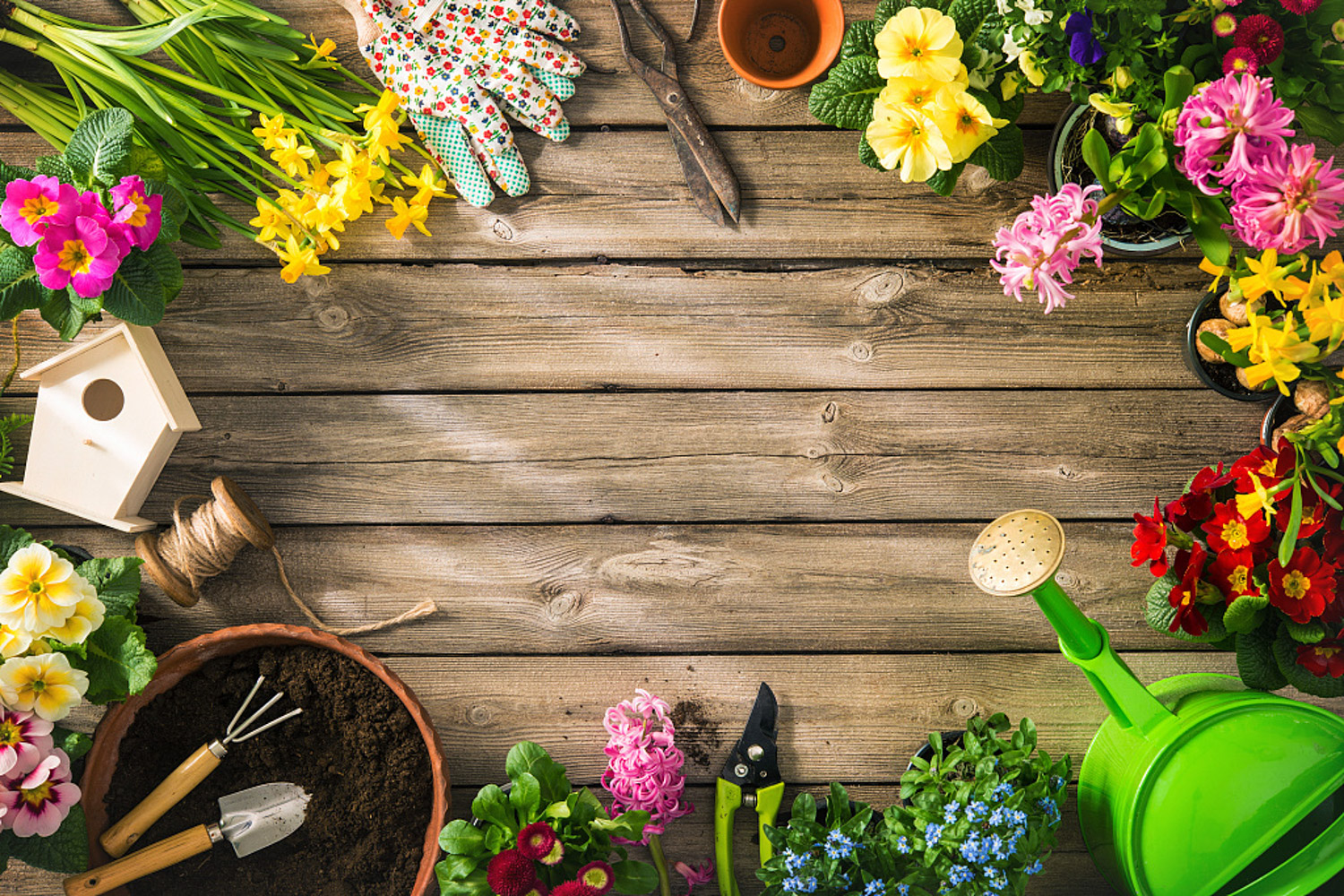
Pay attention to the light
Fortune tree likes a warm and humid environment. It can't be placed in an environment without light for a long time, let alone exposed to the sun. Especially in summer, spray water with a watering can every few days to wash the dust on the leaf surface, increase humidity and strengthen photosynthesis
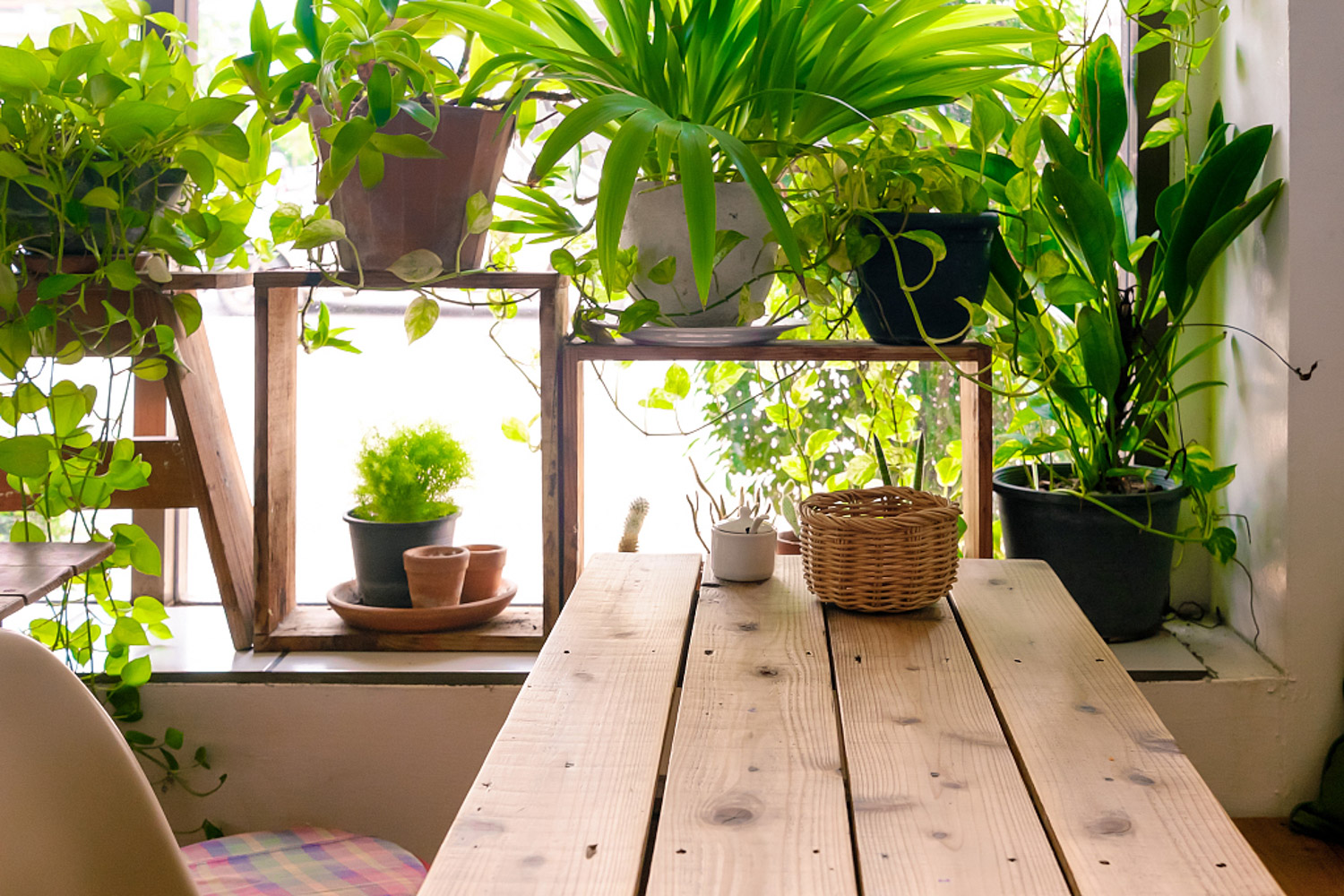
Pay attention to watering
Watering is the key to whether the fortune tree can grow well. The root system of fortune tree is underdeveloped and very sensitive to water. When watering too much, it is particularly easy to rot. when watering each time, you must first check the dry and wet condition of the soil, and then water it after it is dry, otherwise it is easy to rot the root
2. Avoid yellowing of green pineapples
Increase humidity
Lvluo likes the humid environment. When the environment is too muggy, dry and not ventilated, it is easy to cause the leaves to turn yellow
conditionally you can put the green leaves near the humidifier. If not, spray the watering pot, spray the leaves, stems and roots of the green leaves every day. p>
Add an appropriate amount of water to the holder of the green rose pot to evaporate and increase the humidity of the air
When the air is seriously dry, you can cover the whole pot of green pineapple with plastic bags to create a small and humid environment
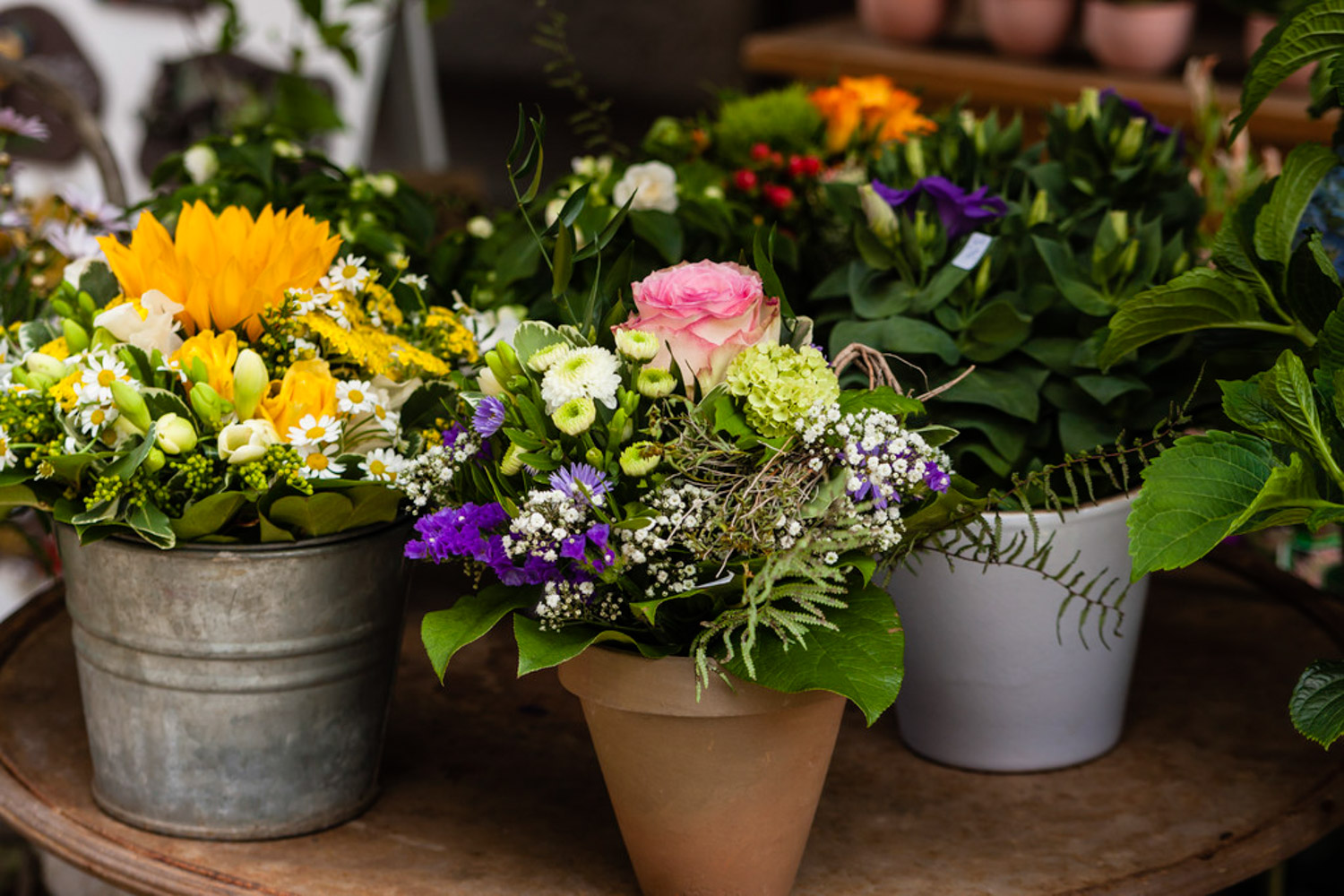
Pay attention to fertilization
Improper fertilization of green pineapple, more or less fertilizer is also easy to cause yellowing of leaves
Huahua suggested that during the growth of green pineapple, you can spray urea once every half a month as leaf fertilizer
Feeding:
Often pour some rice washing water and fish tank water, which can also promote the growth of green pineapple
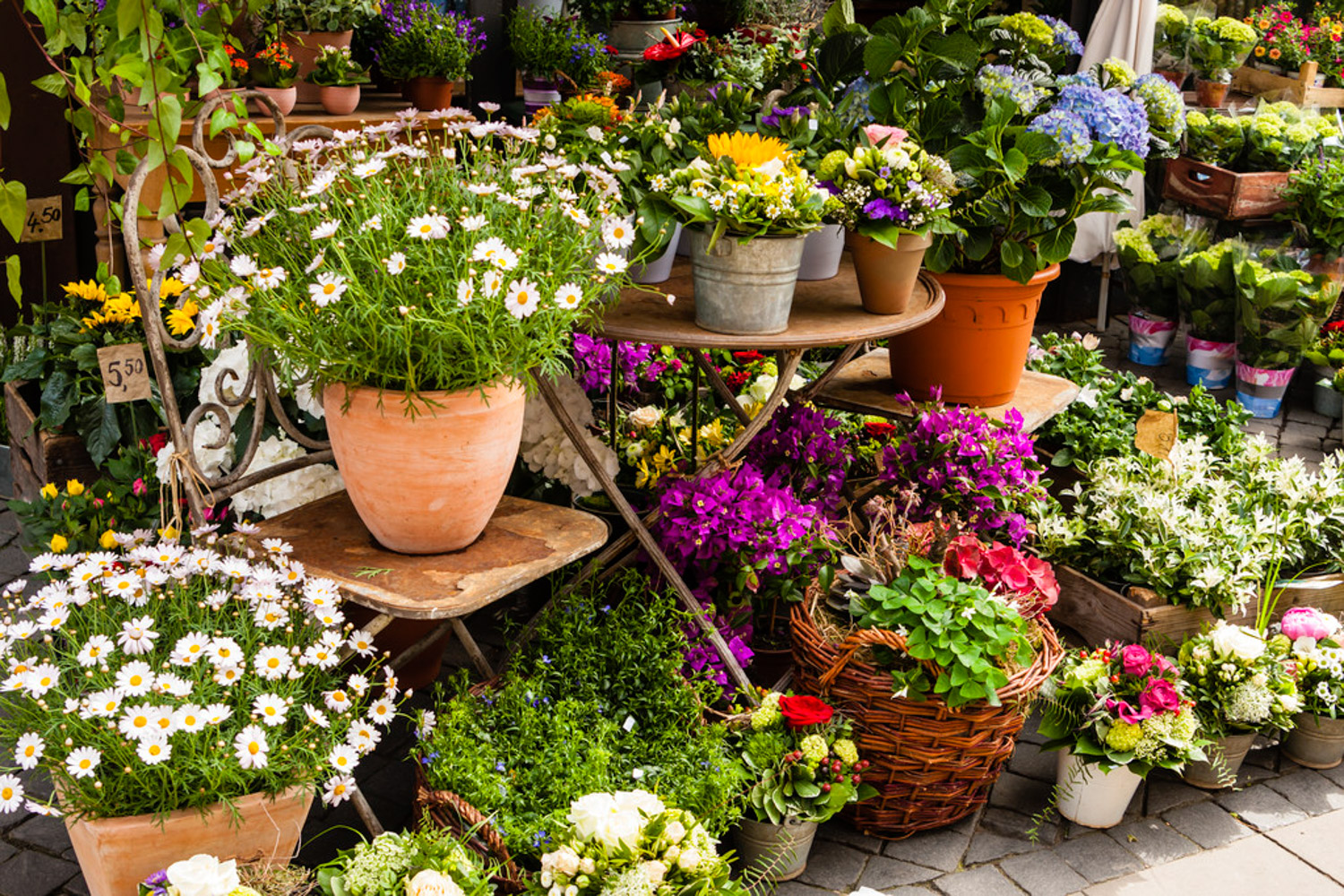
3. Avoid yellowing of loose tail sunflower
Increase air humidity
When the air is dry, it is easy to cause the edges of the leaves to turn yellow and dry, so spray water on the leaf surface and around three or four times a day
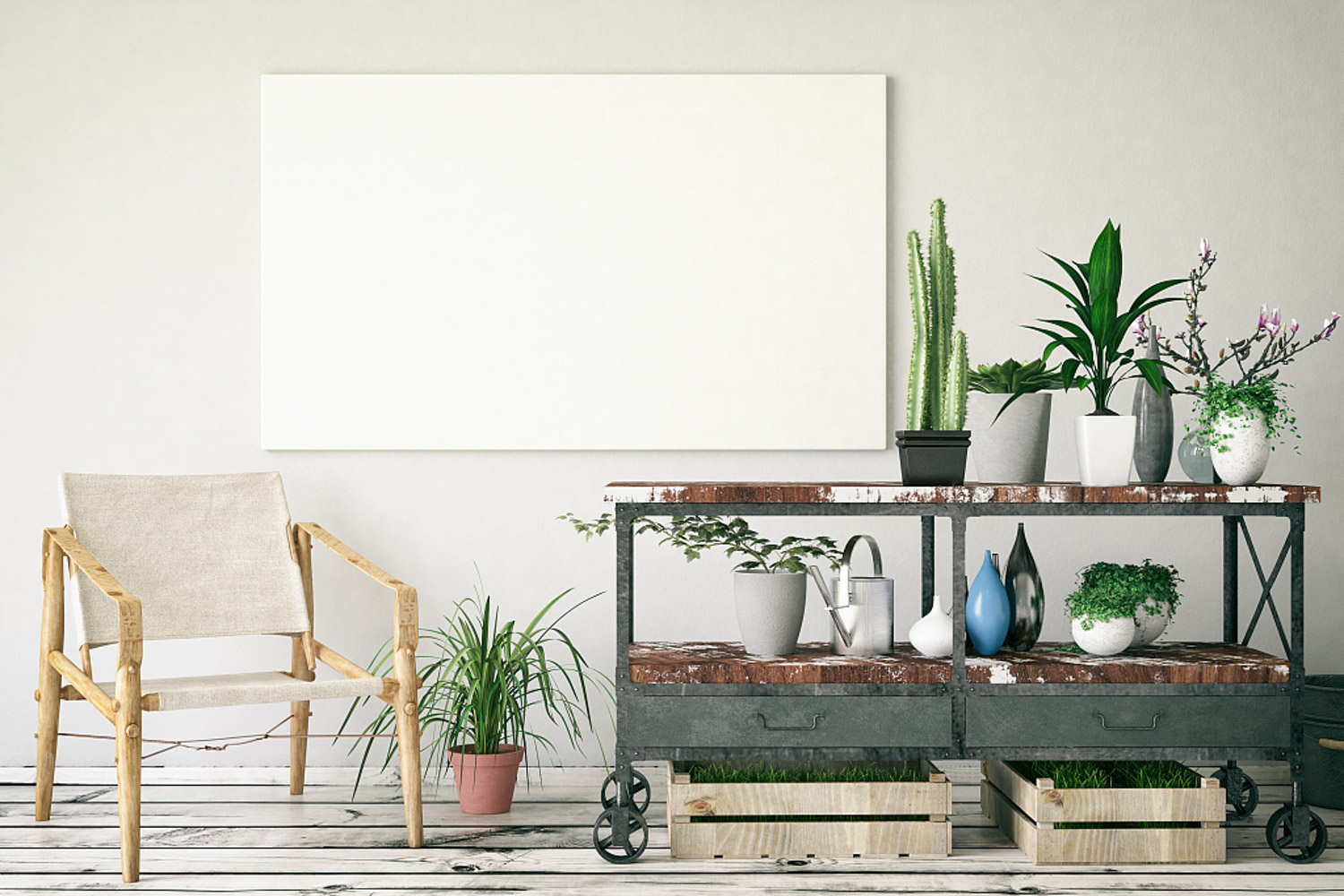
Reduce light
From May to September, the sunflower must grow in a semi shady environment. If the light is too strong, the leaves of the sunflower will turn yellow and scorched. In summer, it can be placed at the scattered light
Increase the amount of watering
In summer, the temperature is high and the evaporation is fast. If the water is insufficient, it is easy to cause the dry tip of sunflower leaves to turn yellow, so it is necessary to supplement the water in time
Feeding:
In order to avoid excessive watering leading to ponding at the root, when changing the pot for the loose tail sunflower, you can pad some cinders and broken tiles at the bottom of the pot

4. Avoid rich and valuable bamboo yellowing
Increase iron
Iron deficiency is an important reason for the yellowing of Fugui bamboo. You can go to the flower market to buy a bag of ferrous sulfate to supplement iron
Feeding point:
You can also put a few iron nails in the hydroponic bottle when hydroponically cultivating rich bamboo
Reduce light
In summer, when the light is strong, you must not expose Fugui bamboo to strong light, otherwise the leaves are easy to dry and yellow. In summer, when the rich bamboo is hydroponically cultivated, it can be placed indoors, and the general light can meet its growth
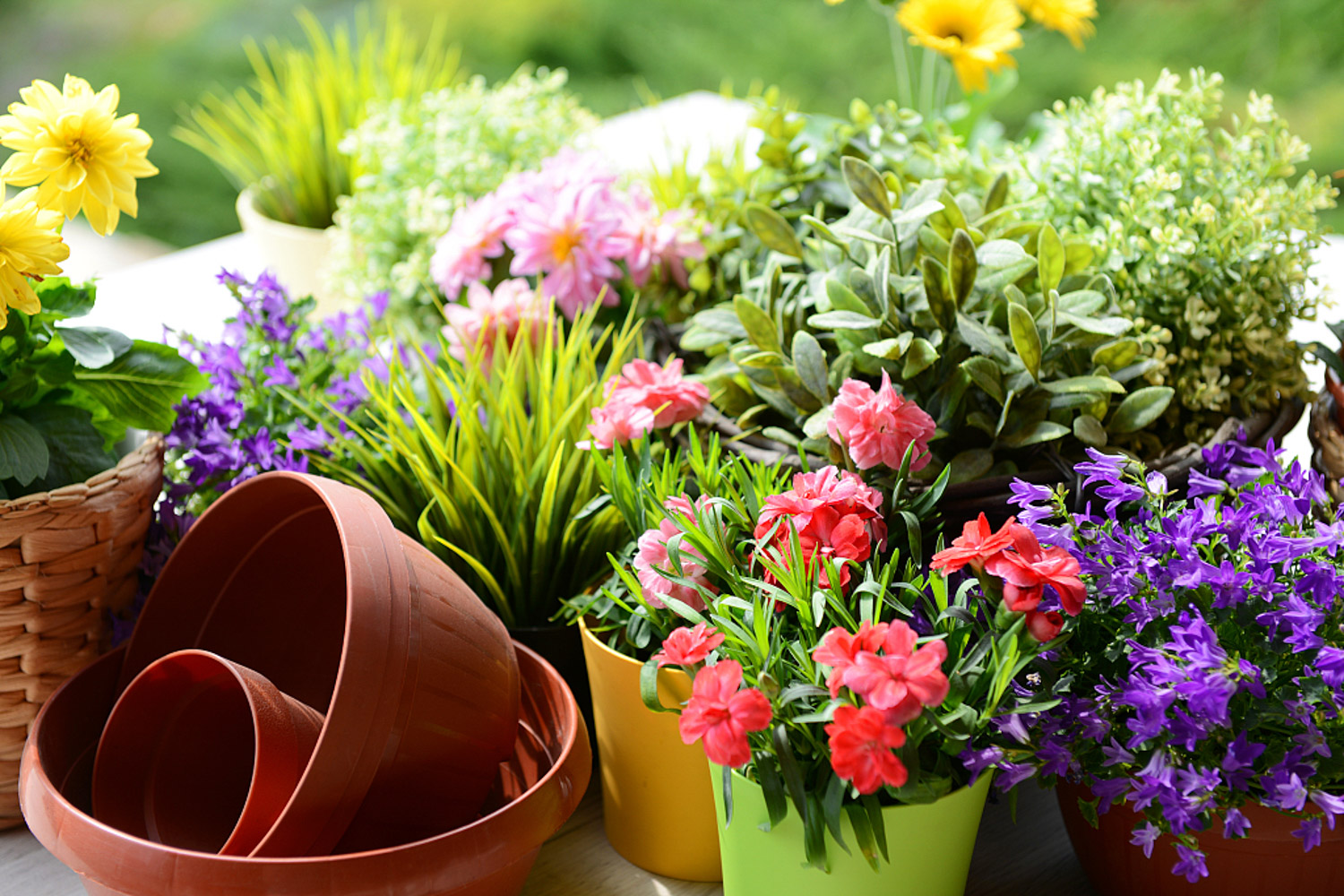
5. Avoid yellowing of Anthurium andraeanum
Increase illumination
Sometimes we find that the old and new leaves of Anthurium andraeanum turn yellow. At this time, the most likely reason is that the light is too weak. Let's check the growth environment of Anthurium andraeanum, increase the light appropriately as needed, and pay attention to avoid exposure
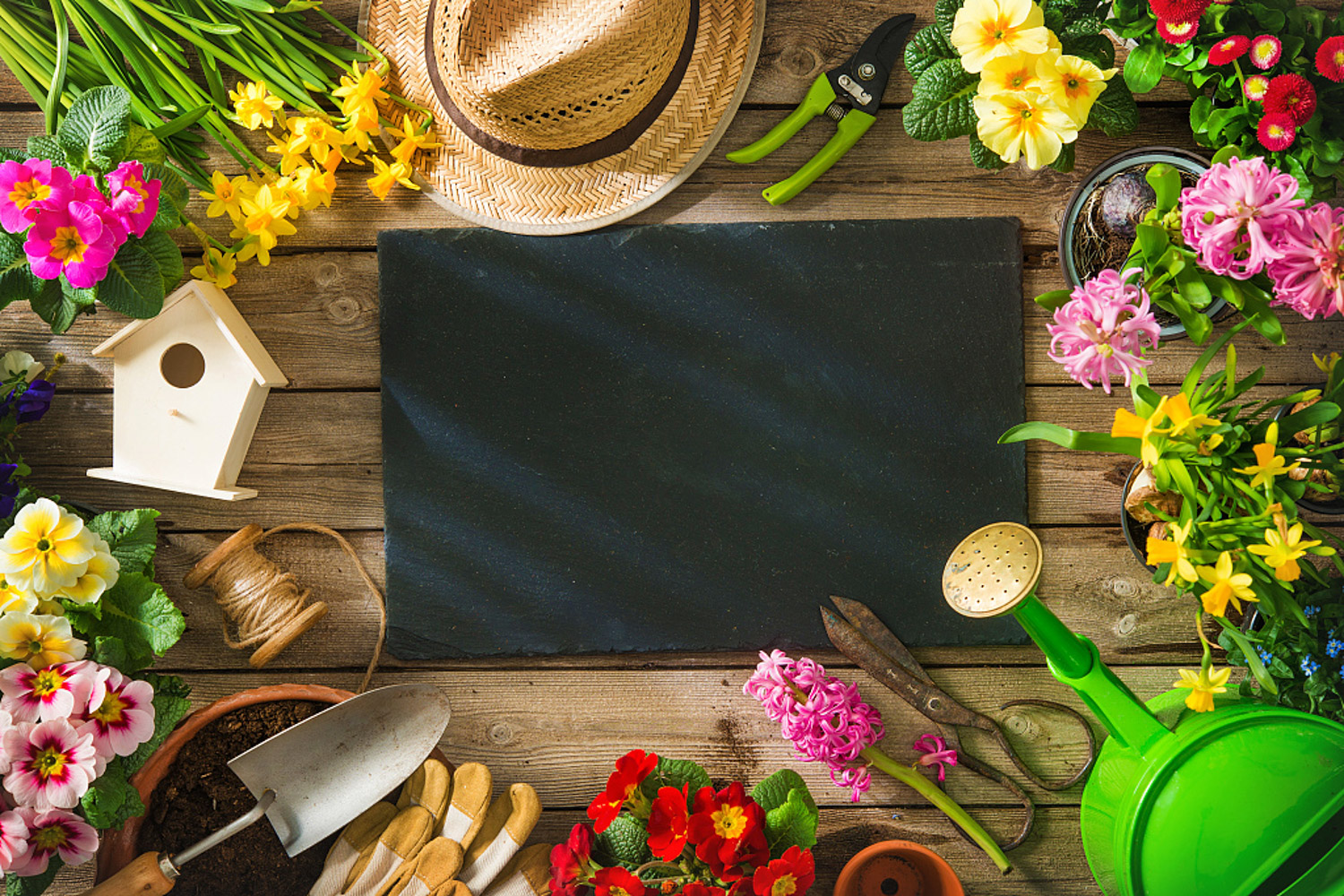
Rational fertilization
Lack of fertilizer, weak growth, of course, easy to yellow leaves. To apply fertilizer to Anthurium andraeanum, generally select the fertilizer with the ratio of nitrogen, phosphorus and potassium of 1:1:1, dilute it a thousand times and then use it, and irrigate it every seven days. You can also buy special fertilizer for Anthurium andraeanum to make it grow better
Feeding:
In order to make Anthurium andraeanum grow better, you can bury cooked soybeans in the soil of Anthurium andraeanum, and bury three or four grains in a flowerpot. It is simple, practical and convenient
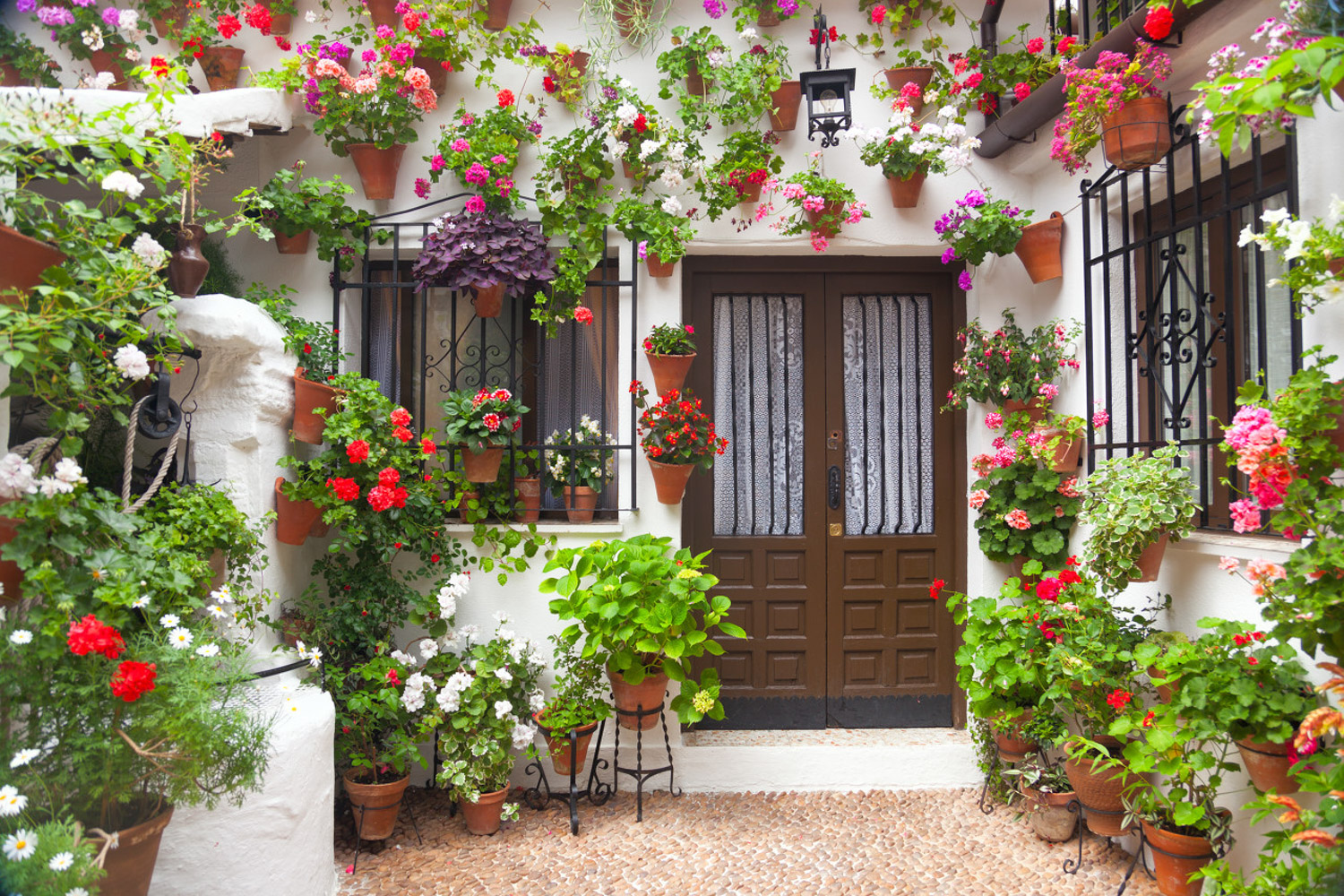
6. Avoid yellowing of Chlorophytum
Proper watering
Chlorophytum likes a humid environment. The soil should always be kept moist, but there should be no ponding, because Chlorophytum is a fleshy root system, and ponding is easy to cause root rot. Chlorophytum has strong drought resistance and is able not to accumulate water
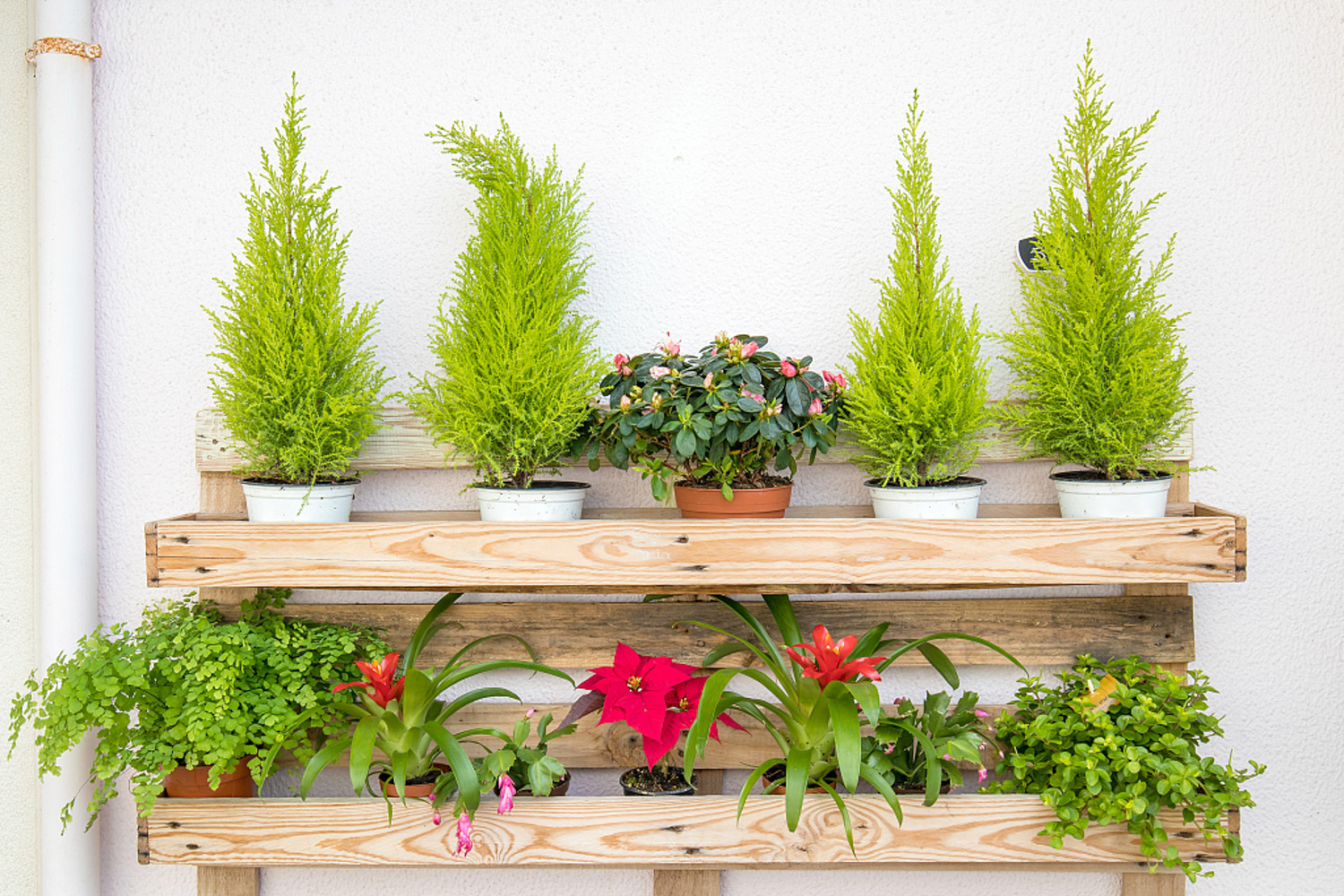
Rational fertilization
During the growing season, the green rose is watered with liquid fertilizer every half a month. You can also buy special fertilizer for Chlorophytum to make the plants grow more vigorous
Feeding:
Chlorophytum can also often be watered with rice washing water, fish tank water and expired milk to promote the healthy growth of plants
Proper shade
Chlorophytum likes a semi shady environment. In summer, it should avoid exposure to the sun, and it can be cured at the indoor scattered light. When the air is dry, spray water on and around the leaves
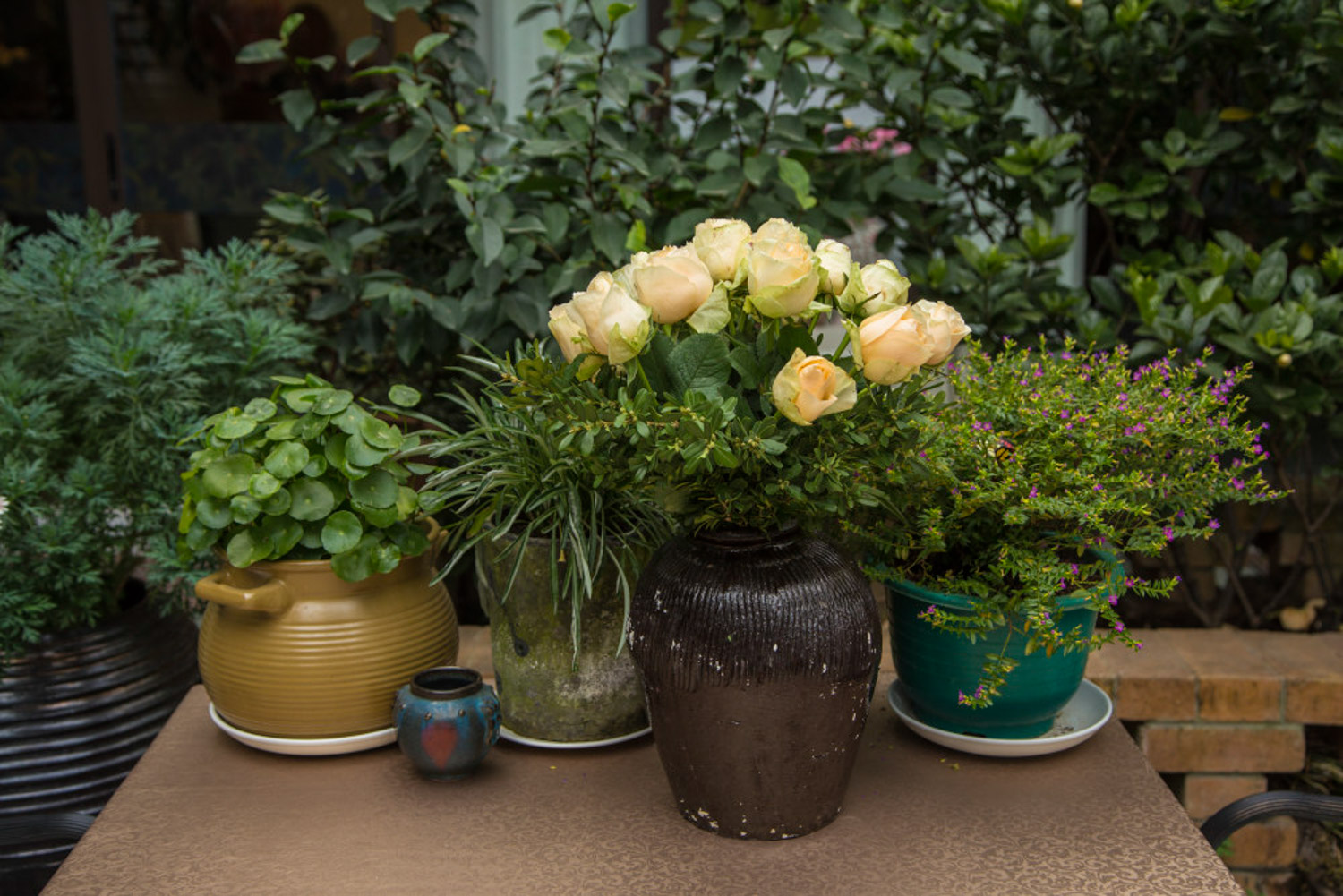
7. Avoid Ivy yellowing
Strengthen air humidity
The growth of ivy requires high air humidity, especially in summer. On the one hand, water in time to keep the soil moist, on the other hand, spray more water, or put Ivy around the humidifier
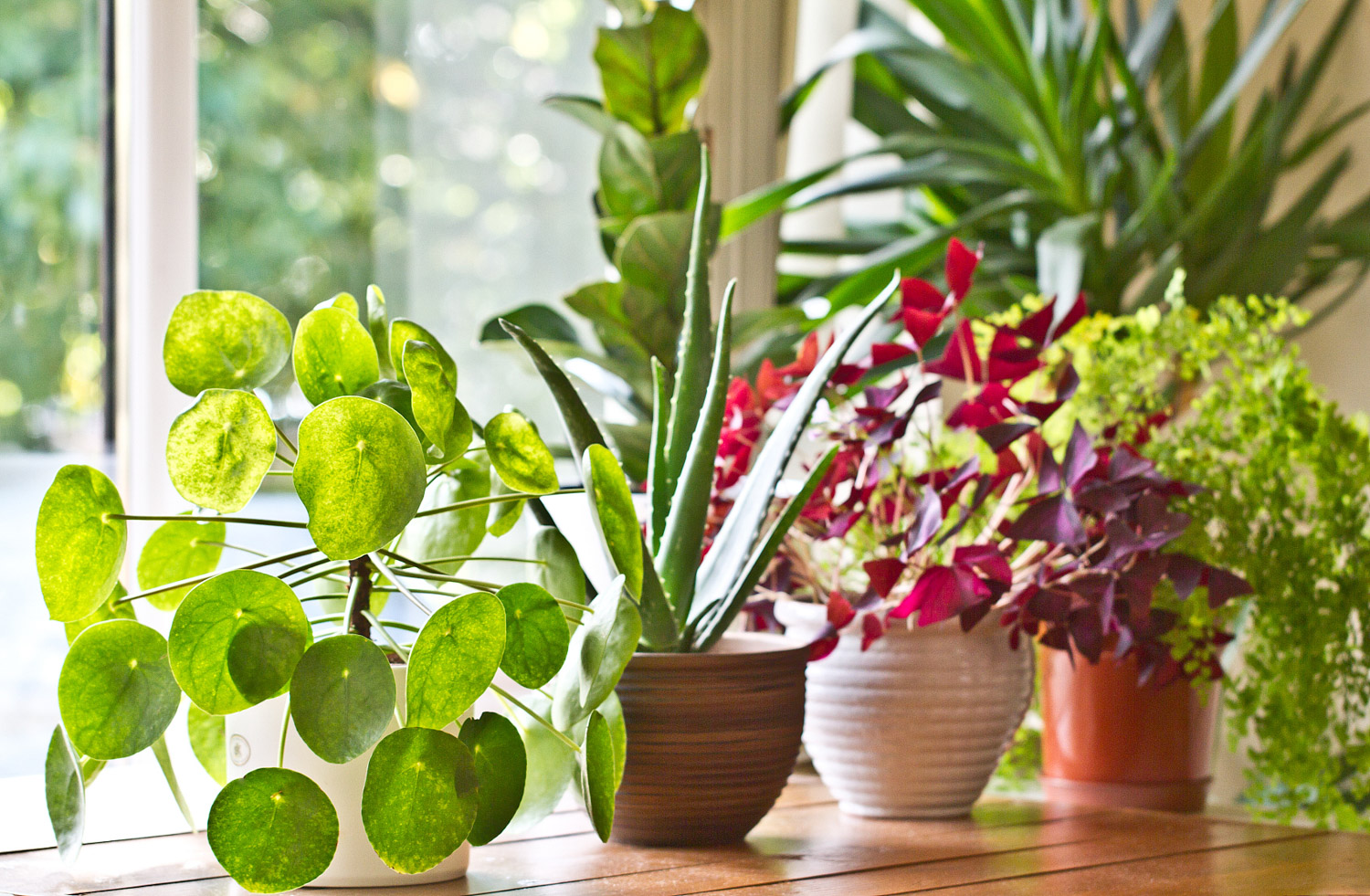
Proper fertilization
In the growing season of ivy, thin cake fertilizer can be applied every two to three weeks. Try not to apply fertilizer in summer and winter. In addition, pay attention not to get on the leaves when applying fertilizer, because the leaves are easy to scorch
Feeding:
Dilute the beer 10 times and spray the ivy leaves to make the leaves greener
8. Avoid yellowing of Asparagus
Reasonable watering
If you want asparagus not to turn yellow, watering is the key. If you water too much, the branches and leaves are easy to turn yellow, grow poorly, and lead to rotten roots. If you don't master the water well, you can use the method of alternating large and small water, that is, after pouring small water three or four times, pour a large water again to keep the basin soil moist without ponding
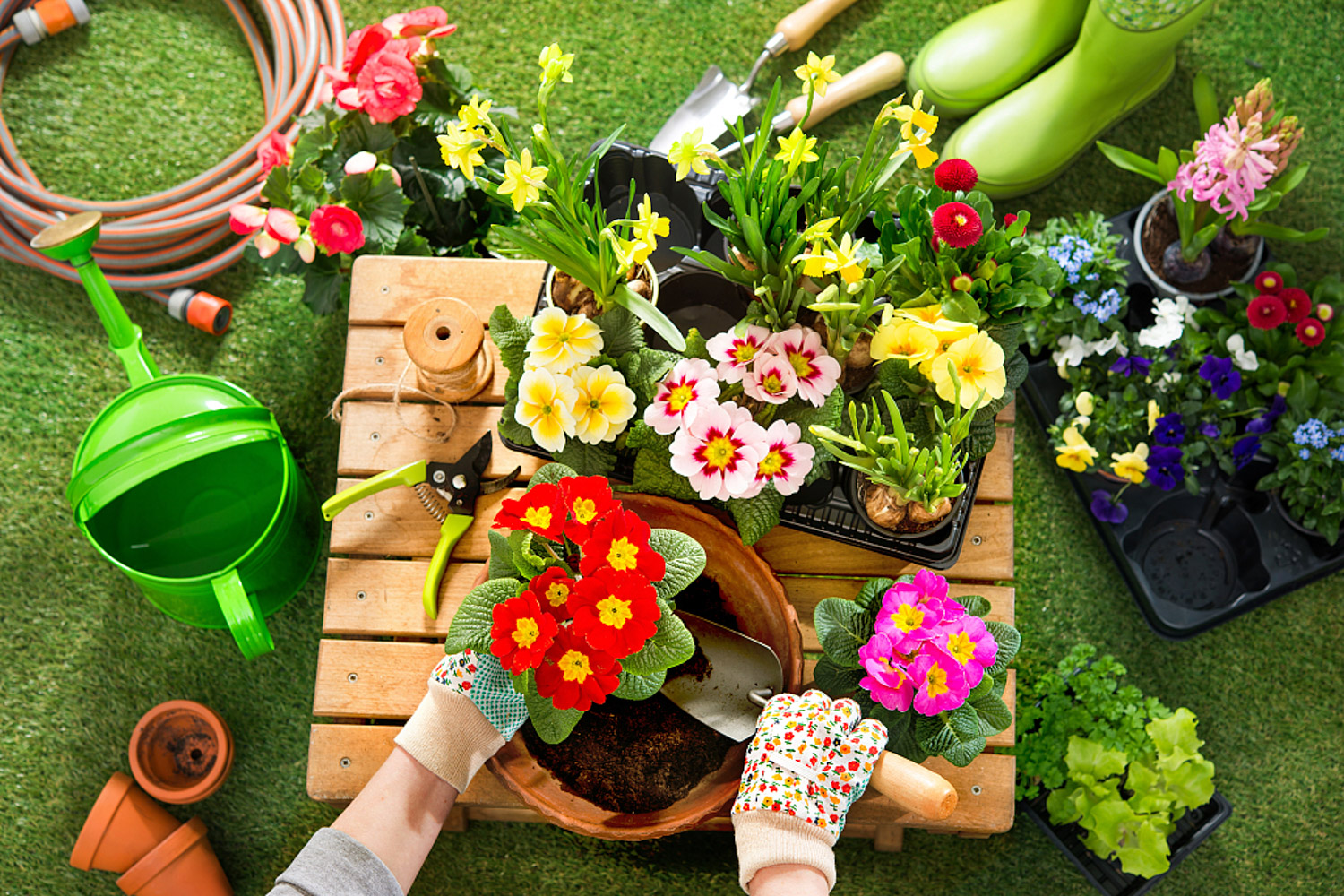
Rational fertilization
Asparagus does not need much fertilizer, but it is easy to yellow leaves if the fertilizer is insufficient. In the growing season of asparagus, rotten organic fertilizer is usually applied every half a month. In addition, you can pour some alum fertilizer water on asparagus to promote the healthy growth of asparagus
Feeding:
Dilute the retted cake fertilizer 10 to 20 times and water the asparagus, which can make the asparagus flourish
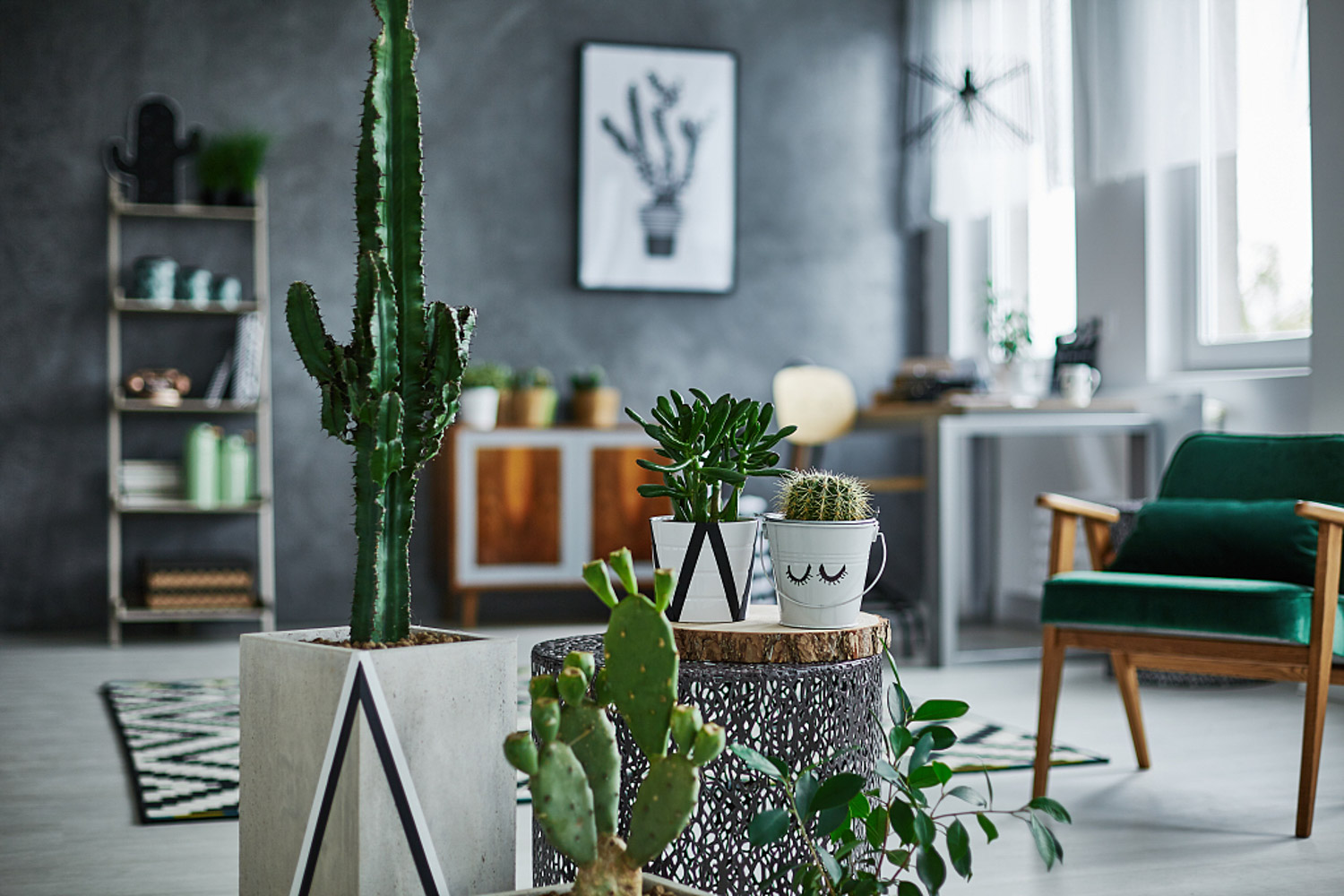
9. Avoid the yellowing of dragon blood tree
Proper watering
Dragon blood tree likes a warm and humid environment with sufficient light. In summer, it can be watered every 3-5 days to keep the soil moist. Everyone can spray water on the leaves of dragon blood tree every morning or evening to avoid dry and yellow leaves caused by dry air
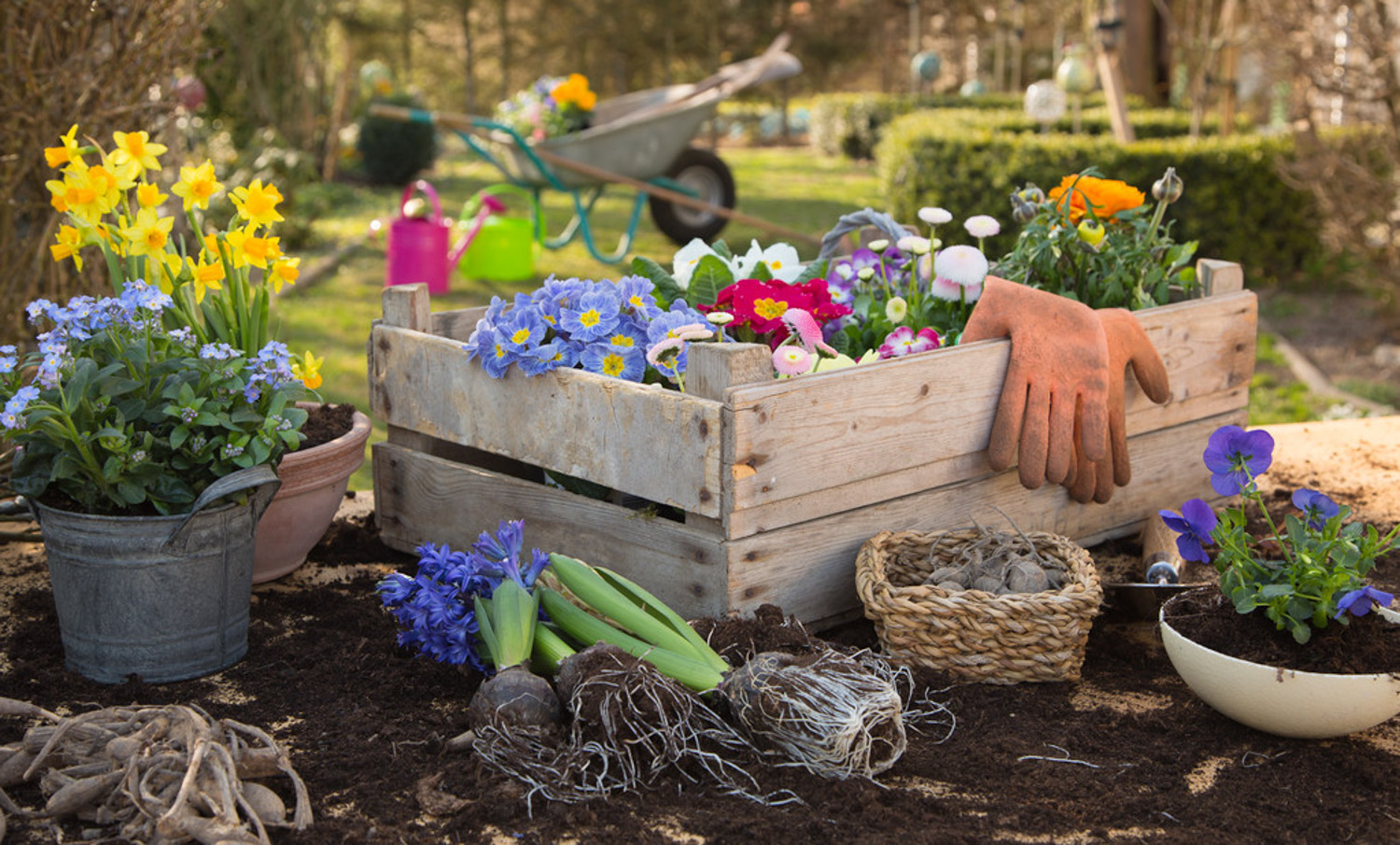
Reduce pests and diseases
When dragon blood tree is maintained indoors, due to poor ventilation, it is easy to attract red spiders, destroy the green leaves and fade the leaves. When the blade is found to have discomfort symptoms, be sure to check the blade in time. Once found, treat it immediately. The leaves can be sprayed with dichlorvos or dicofol emulsion
Feeding:
In order to prevent Dracaena from being infected by red spider, you can soak the orange peel in water for one day and night, filter and spray the plant, which can play an effective role

Flower friends, have you learned< span>

 how many times do yo...
how many times do yo... how many planted tre...
how many planted tre... how many pine trees ...
how many pine trees ... how many pecan trees...
how many pecan trees... how many plants comp...
how many plants comp... how many plants can ...
how many plants can ... how many plants and ...
how many plants and ... how many pepper plan...
how many pepper plan...



























